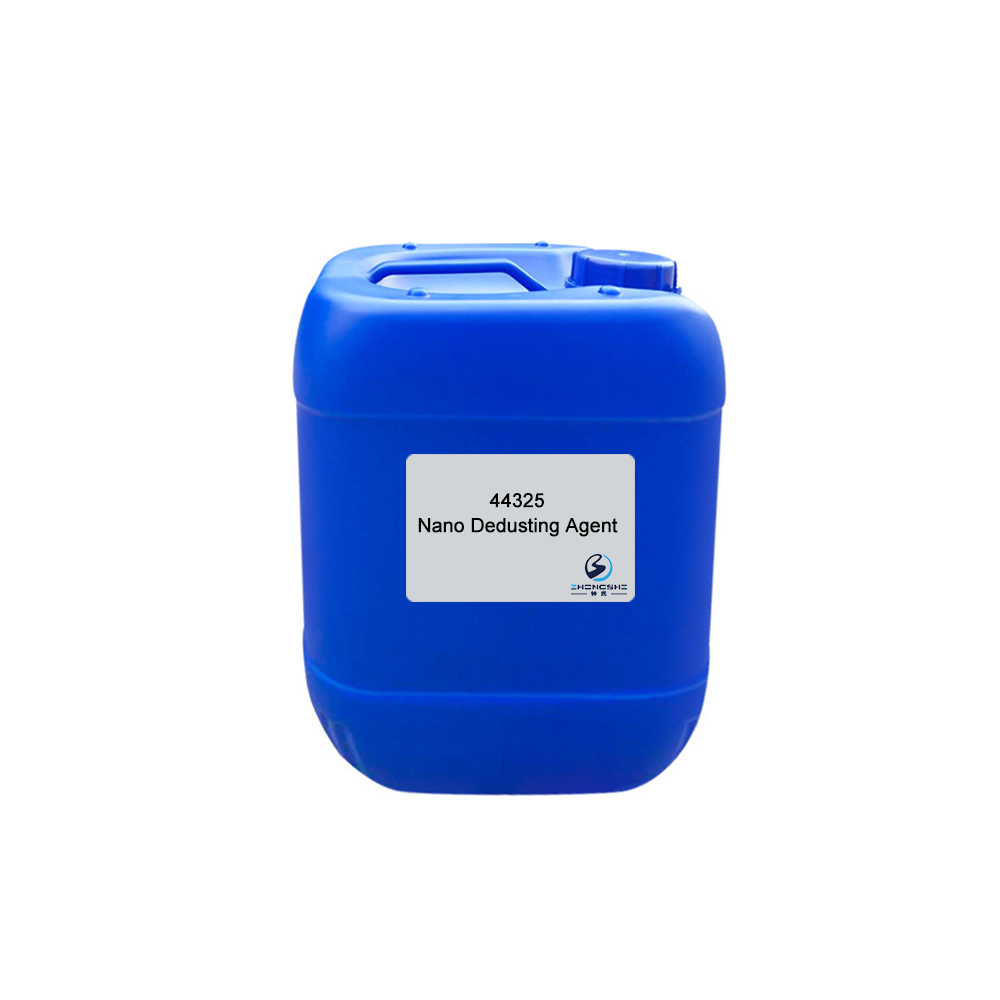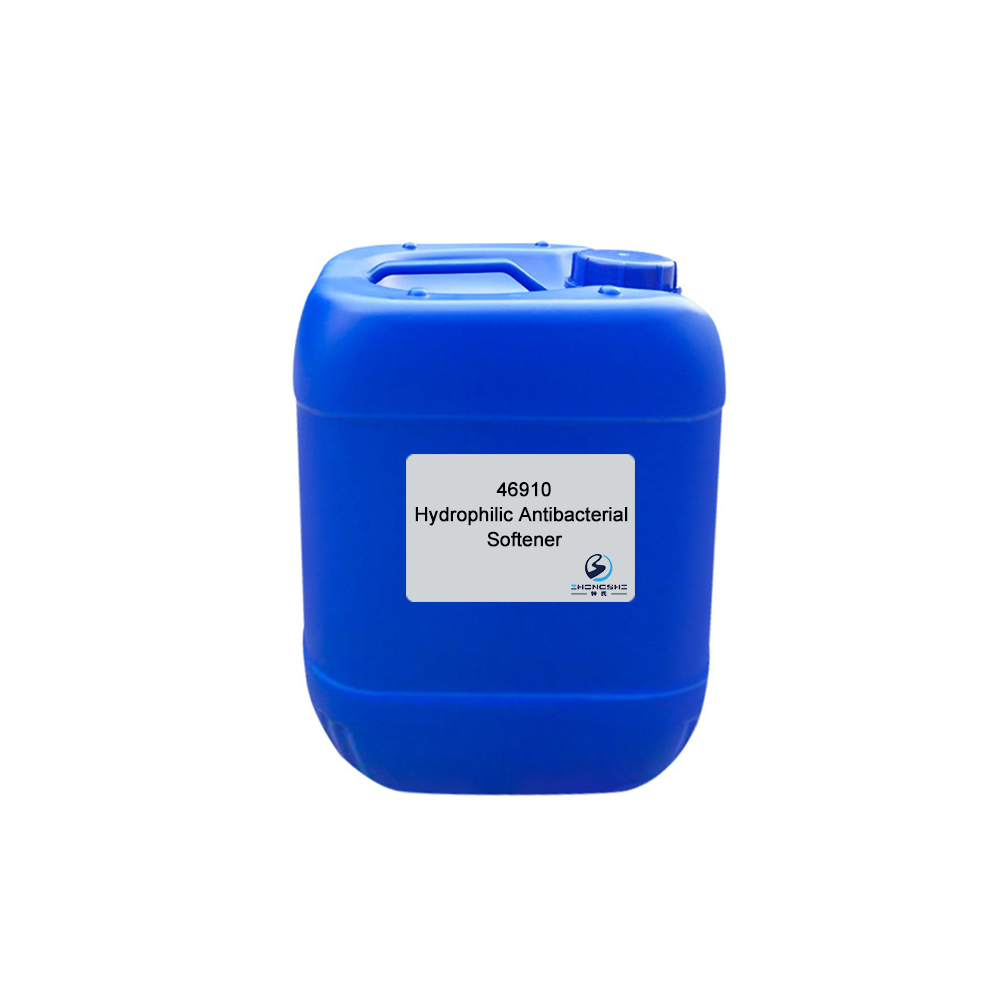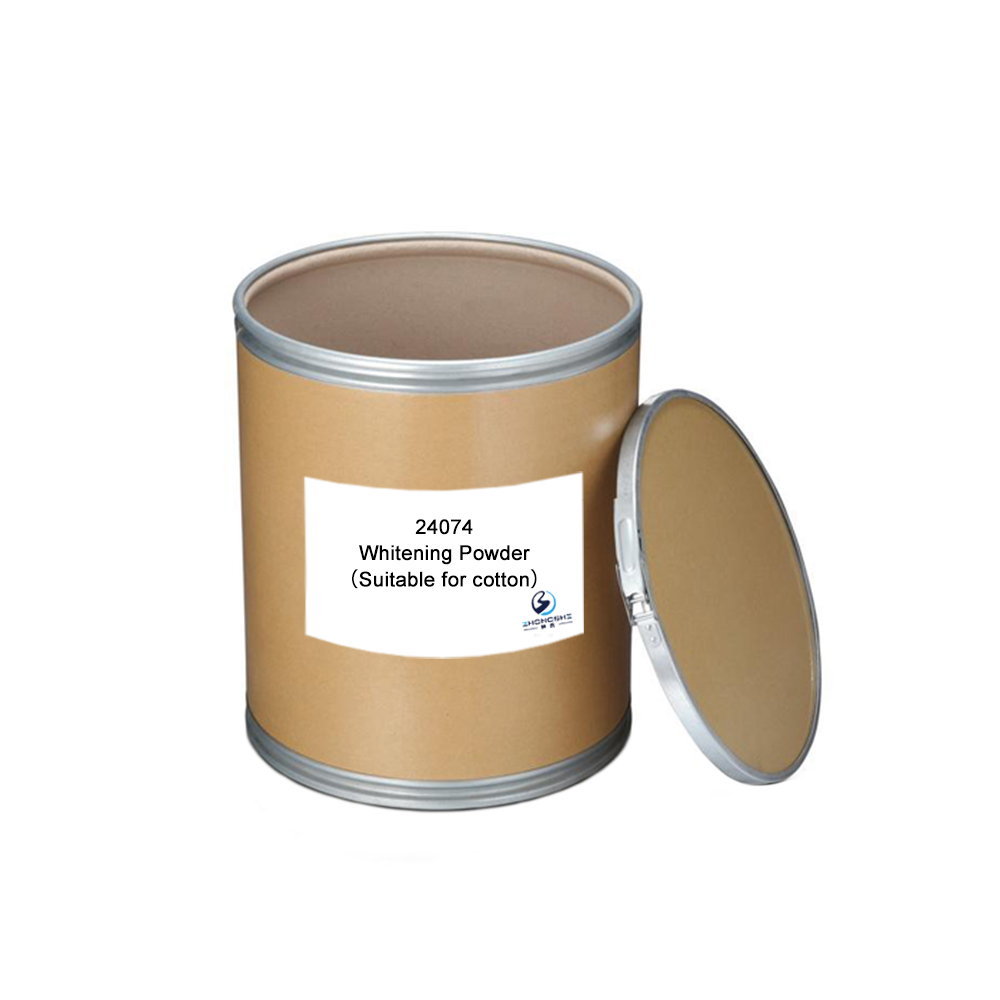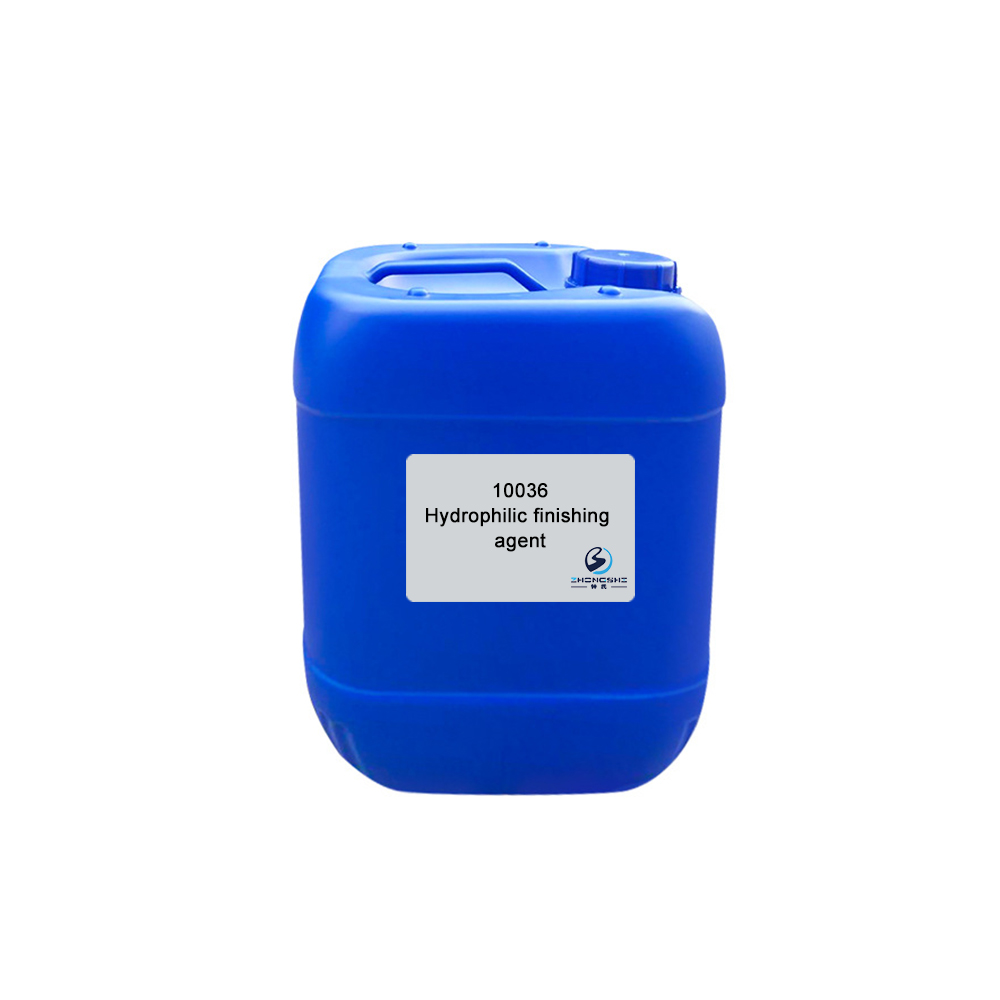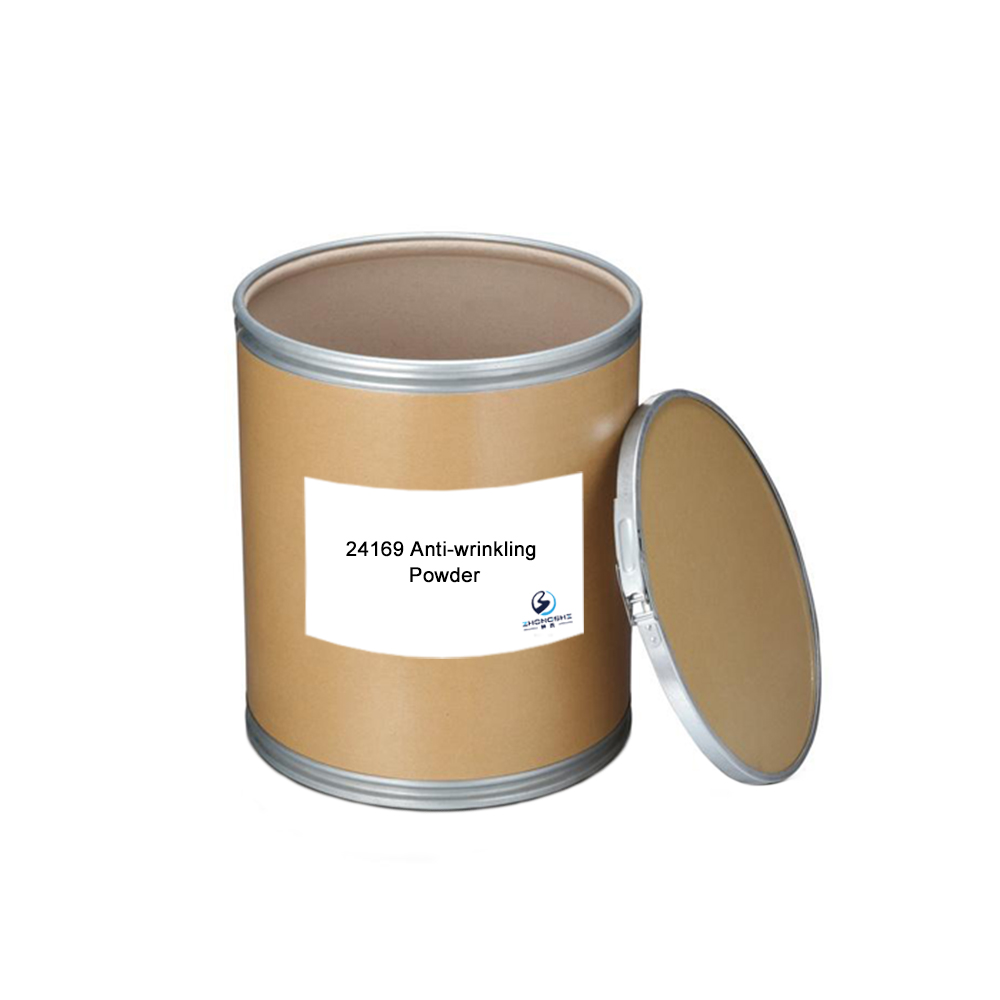Manufacturer for Nylon Auxiliaries - 11034 Non-phosphorus & Non-nitrogenous Chelating & Dispersing Agent – Innovative
Manufacturer for Nylon Auxiliaries - 11034 Non-phosphorus & Non-nitrogenous Chelating & Dispersing Agent – Innovative Detail:
Features & Benefits
- Biodegradable. Contains no phosphate, ETDA or DTPA, etc. Fits environmental protection requirements.
- Stable in high temperature, alkali and electrolyte. Good oxidation resistance.
- High chelating value and stable chelating ability for heavy metal ions, as calcium ions, magnesium ions and iron ions, etc., even under condition of high temperature, strong alkali, oxidizing agent and electrolyte.
- Excellent dispersing effect for dyes. Can keep the stability of bath and prevent coagulation of dyes, impurities or dirt.
- Good anti-scale effect. Can disperse dirt and impurities and prevent their sedimentation in equipment.
- High efficiency and cost-effective.
Typical Properties
| Appearance: | Light yellow transparent liquid |
| Ionicity: | Weak anion |
| pH value: | 5.0±1.0 (1% aqueous solution) |
| Solubility: | Soluble in water |
| Content: | 37~38% |
| Application: | Various kinds of fabrics |
Package
120kg plastic barrel, IBC tank & customized package available for selection
TIPS:
Direct dyes
These dyes are still widely used for dyeing cotton because of their ease of application, wide shade gamut and relatively low cost. There was still a need for mordanting cotton in order to dye it, except in a few cases where natural colorants such as Annato, Safflower and Indigo were used. The synthesis of an azo dye with substantivity to cotton by Griess was of great importance because mordanting was not necessary to apply this dye. In 1884 Boettiger prepared a red disazo dye from benzidine which dyed cotton ‘directly’ from a dyebath containing sodium chloride. The dye was named Congo Red by Agfa.
Direct dyes are classified according to many parameters such as chromophore, fastness properties or application characteristics. The major chromophoric types are as follows: azo, stilbene, phthalocyanine, dioxazine and other smaller chemical classes such as formazan, anthraquinone, quinoline and thiazole. Although these dyes are easy to apply and have a wide shade gamut, their wash-fastness performance is only moderate; this has led to their replacement somewhat by reactive dyes which have much higher wet and washing fastness properties on cellulosic substrates.
Product detail pictures:
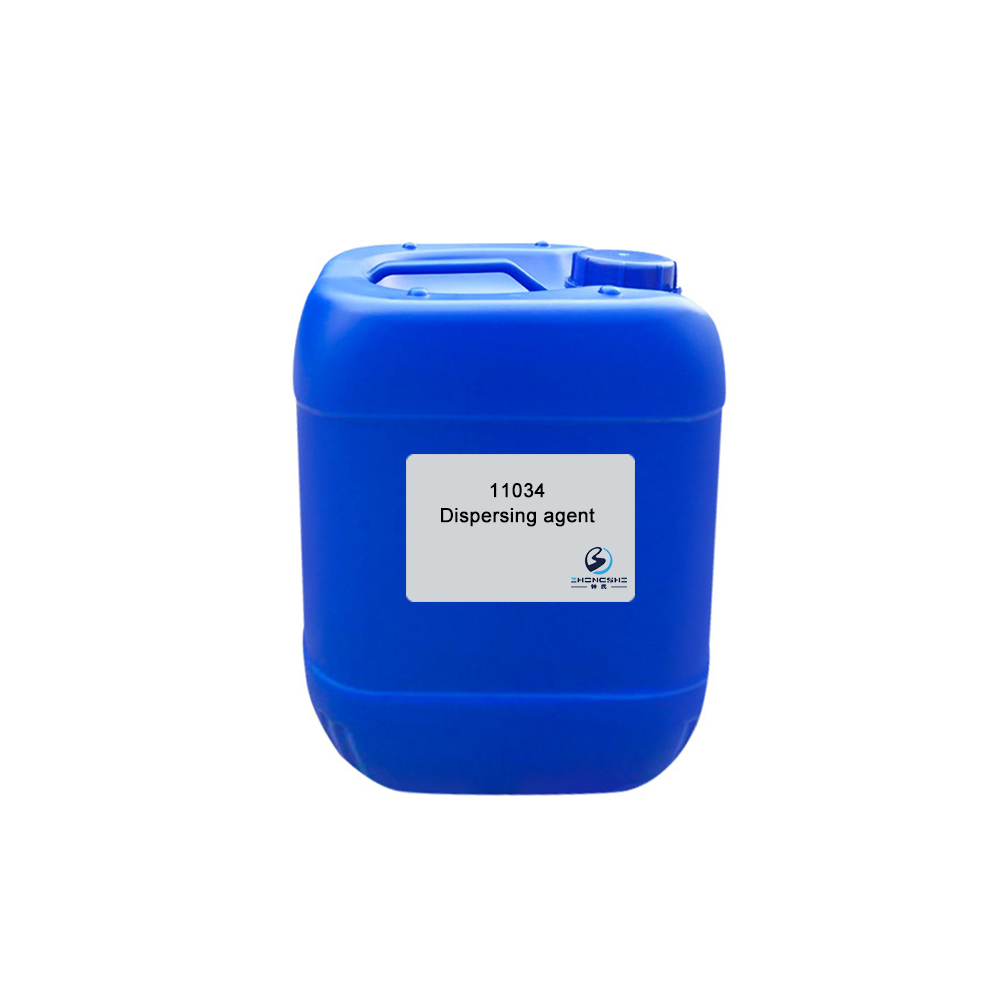
Related Product Guide:
Bleaching agent is used to remove natural pigments and impart fabrics necessary whiteness. Manufacturer for Nylon Auxiliaries - 11034 Non-phosphorus & Non-nitrogenous Chelating & Dispersing Agent – Innovative , The product will supply to all over the world, such as: Frankfurt, Colombia, Algeria, High Concentration & High Temperature Leveling Agent 22503 can be applied in high temperature and high pressure dyeing process. It is suitable for fabrics and yarns of polyester fiber and polyester blends, etc. Leveling Agent 22503 has excellent transferring performance and strong ability of retarding. It can make fibers dyed evenly, decrease the initial dyeing rate and solve dyeing defects. Leveling Agent 22503 is eco-friendly and low foam.
The sales manager is very patient, we communicated about three days before we decided to cooperate, finally, we are very satisfied with this cooperation!


